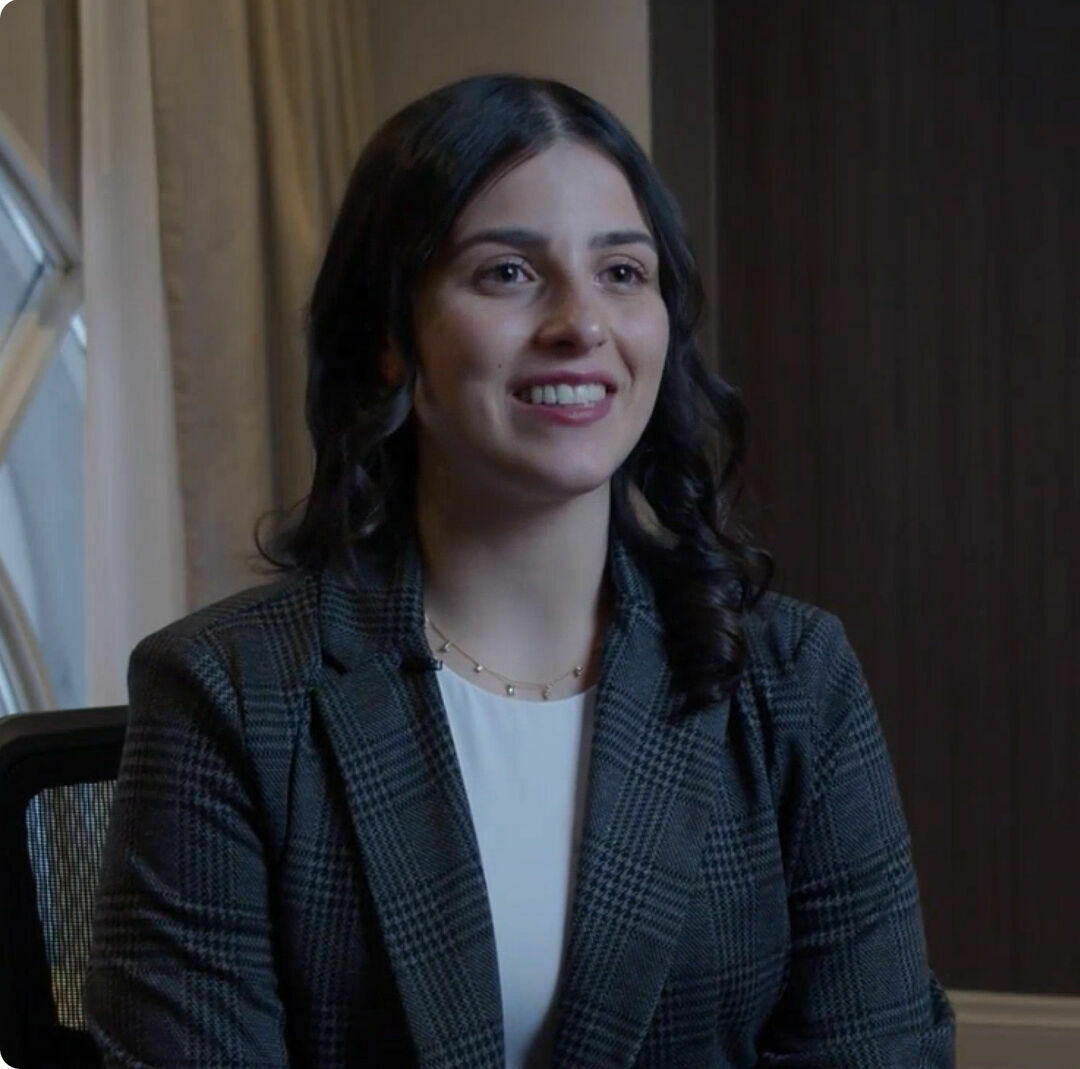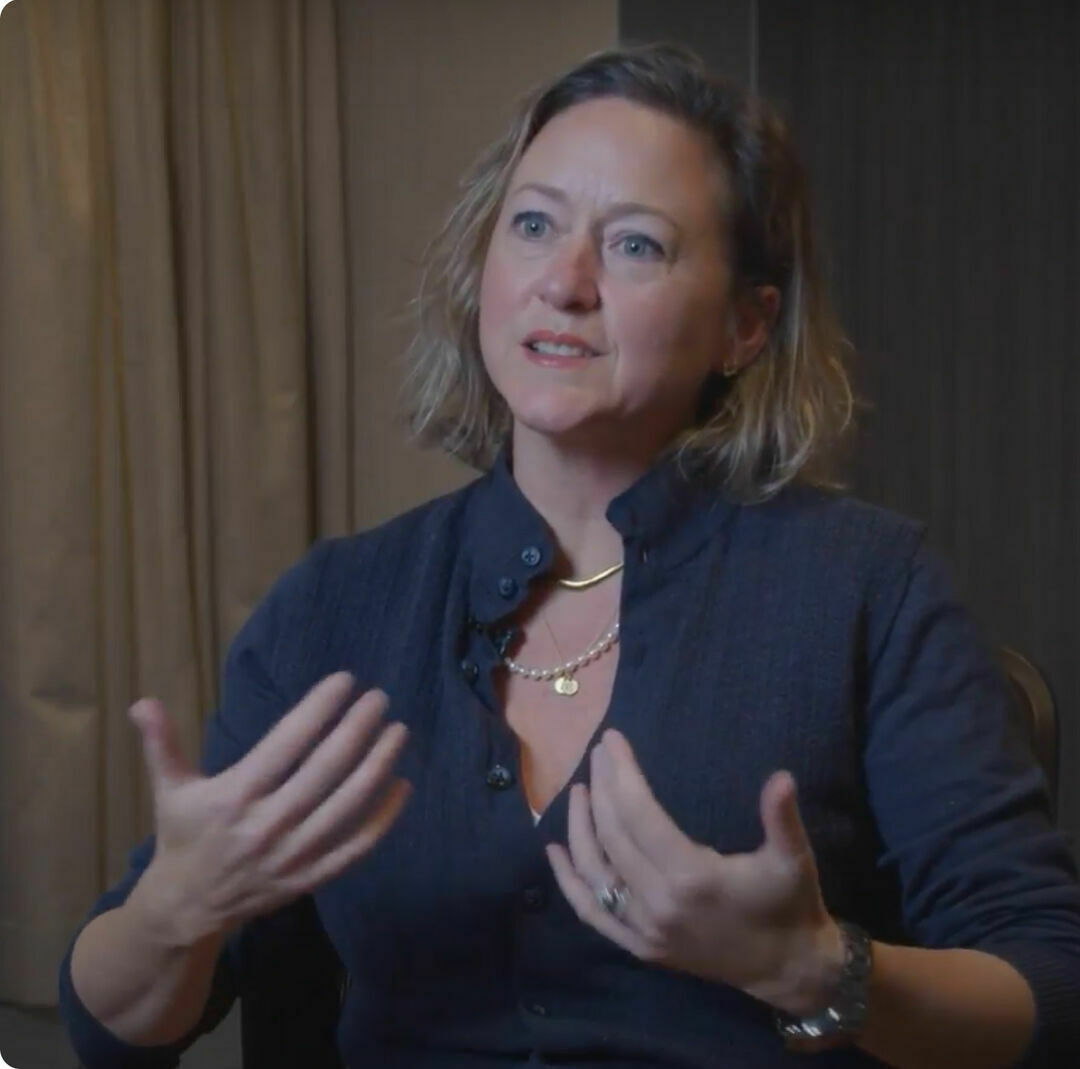Looking ahead, OBI is leveraging attendee insights to refine metrics that measure the strength of patient and family engagement in research, knowledge sharing, and other crucial activities, shaping a more inclusive and impactful approach post-workshop.
Strengthening patient and community partnerships

For more than a decade, the OBI team has been dedicated to prioritizing collaborations that place the patient voice at the forefront of research. Our objective is to ensure that patient communities are genuine partners in enhancing experiences and outcomes for those living with brain conditions, which entails nurturing meaningful patient-program partnerships to shape research priorities and inform engagement.
In March 2024, OBI hosted its first in-person Patient Community Advisory Committee (PCAC) workshop since the pandemic, inviting patients, scientists, families and community groups to connect, share, and learn about fostering mutually beneficial research relationships. The workshop saw active participation with 38 in-person attendees and 10 online participants, with just over half identifying as patient, family, or community partners.
Workshop attendees engaged in breakout sessions to discuss strategies for ensuring and strengthening these relationships. The OBI team gained valuable feedback about ways in which to recognize patient and family expertise, foster patient and family-centered relationship building and collaboration and enhance the skills and education of patient and family partners.
The feedback was overwhelmingly positive, with 85% of participants reporting they felt inspired, validated, and well-informed, and 91% expressing that they felt valued during the event. Based on this feedback, OBI has identified several key actions to promote patient-centered collaborations. These include:
- Developing a clear and concise OBI patient honorarium policy,
- Increasing awareness about the impact of compensation on tax returns and disability payments,
- Providing training opportunities for patient and family partners to enhance their participation, advocacy, and research skills, and
- Ensuring the meaningful integration of patient roles across all program activities, guided by direct patient feedback and robust evaluation.

“I’ve sustained eight concussions between the ages of 12 and 17. My experiences with concussions were very isolating and confusing. There’s a lot I now recognize I didn’t know at the time that would have been helpful. Being a part of TRANSCENDENT, where I can share my experiences to improve care, treatment, and outcomes for people who’ve had similar injuries, is an honor. It’s empowering to share our stories and make a difference for others.”
- Eva Di Nallo, Member of the Community Advisory Committee with TRANSCENDENT, an OBI Integrated Discovery Program

“My son was diagnosed with autism spectrum disorder and ADHD when he was little. Seeing the work that POND is doing to understand the biological commonalities between neurodevelopmental disorders made me want to get involved. As a parent navigating a complex medical system, especially with a dual diagnosis, it can be challenging. But POND is advancing diagnosis and treatment, and that’s incredibly exciting for me.”
- Allison Chang, Patient/Parent Partner with the POND Network, an OBI Integrated Discovery Program
